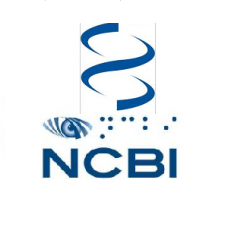Abstract
OBJECTIVE: Karate and judo are originally Japanese martial arts which may have different influences on adolescents’ behavior. This study was conducted to examine the total anger rate and its subscale-reactive anger, instrumental anger, and anger control-rates in young karateka and judoka.
METHODS: A cross-sectional study was carried out in 11 to 19-year old boys. Adolescents included in the study were judoka (n=70), karateka (n=66), swimmers (n=59), and non athletes (n=96). One stage cluster sampling method was used to select judoka, karateka, and swimmers from sport clubs in Tehran. Students of governmental schools at the same area were chosen as the non-athletes group. The “Adolescent Anger Rating Scale” questionnaire was utilized to assess the anger rate.
FINDINGS: The mean age of participants was 12.90(±۲.۰۶) years. The total anger rates were 45.40 (±۵.۶۱) in judoka, 41.53(±۵.۶۳) in karateka, 41.19(±۵.۳۳) in swimmers, and 45.44 (±۸.۵۸) in non athletes. In total anger scale karateka and swimmers had a significantly lower score compared to judoka and non athletes. In instrumental anger subscale the difference was significant just between karateka and non athletes. In reactive anger subscale judoka showed higher scores than swimmers. In anger control subscale the difference was significant between judoka and swimmers and also judoka and karateka. The difference of anger control between karateka and non athletes was significant.
CONCLUSION: The findings of this study propose a difference in the anger rate between judoka and karateka. In contrary to the results of previous studies, judo training may have no influence on anger control, while karate training could be beneficial.







